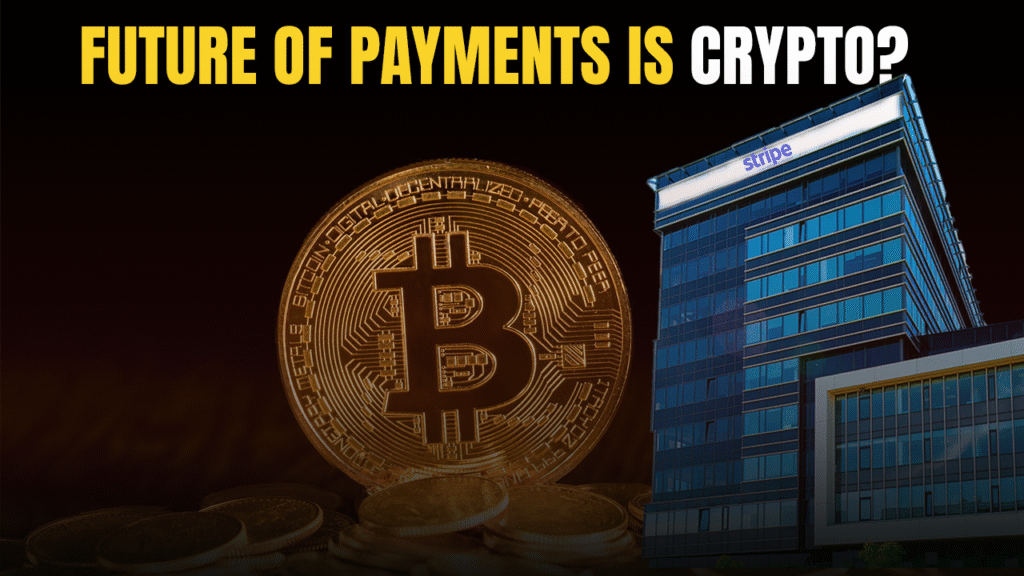
Trade-sensitive industry got a new boost with the U.S. President Donald Trump announcing a 90-day extension of the pause on tariffs on some Chinese imports. The move that occurs at the time when Washington and Beijing are engaged in talks has already had an effect on the sentiment in the market, with the Direct-to-Consumer (DTC) index exhibiting a noticeable recovery.
The tariff truce, which was due to end this month, was extended to allow trade talks to continue in an attempt to resolve trade differences on intellectual property rights, market access and subsidies on industry. According to Trump, the extension was needed to keep the positive momentum of negotiations and limit how businesses that rely on transnational supply chains will be thrown off track in unnecessary cases.
This announcement had an instant impact on the financial market, especially on businesses that depend largely on imports in China. The DTC index, comprising companies that sell directly to consumers, and frequently to Asian suppliers, jumped sharply on the news, indicating investor hopes that price pressure will ease short term.
Market analysts observe that although the 90-day reprieve will give reprieve to some extent, it also shortens business to more uncertainty in the planning horizon. The New York-based trade economist explained: This is a tactical decision. This gives negotiators some extra oxygen, but companies will continue to be reluctant to make final plans of long-term investment until an ultimate solution is reached for what the final terms of the U.S.-China trade relationship are to be.
The stop is also politically symbolic, with Trump trying to balance the manufacturing priorities of America with how to keep consumer prices stable. The tariffs of major Chinese products, such as electronics, apparel, and machine part, have been the primary American trade tactic over the last few years but have also helped to increase the expenses of American companies and consumers.
From the view of Beijing, the extension might mean the intention of the U.S. on the part to prevent the escalation that can damage both economies. The Chinese officials have on several occasions demanded that tariffs be cancelled because the tariffs have adverse effects on global stability in trade and economic recovery.
The DTC rally in the short run highlights the degree of exposure of investor confidence to the U.S.-China trade policy. Some of the corporations in this index are run on small margins, and any slight movement made in tariff policy can cause a huge variance in profitability. The price rebound implies that the investors are considering at least three months of sourcing cost stability.
Nevertheless, the scholars warn that this timescale is not enough until all controversial questions are resolved. The negotiation process on trade between the two biggest economies has never been simple, with various rounds of negotiation between the two and deadlocks between the main demands. Protection of the intellectual property, transfer of the technology needs and the state subsidies to Chinese industries are the sticking points.
In this extension, diplomacy gets time and a temporary reinvigoration of markets. It is quite unclear whether this is going to result in a long-term fix, but the impact on the market has shown that even short-term relief against tariffs has the potential to make a large impact on investor sentiment.
Source: CNBC
A digital marketer possessing excellent knowledge and skill in off-page, on page and local SEO is competent in the challenging environment. Hard-working, energetic, and a quick learner for any task delegated. Enthusiastic to learn and constantly upgrade knowledge. Mohit brings over 2 years of experience in crafting content that not only ranks well but also provides valuable insights to readers.

